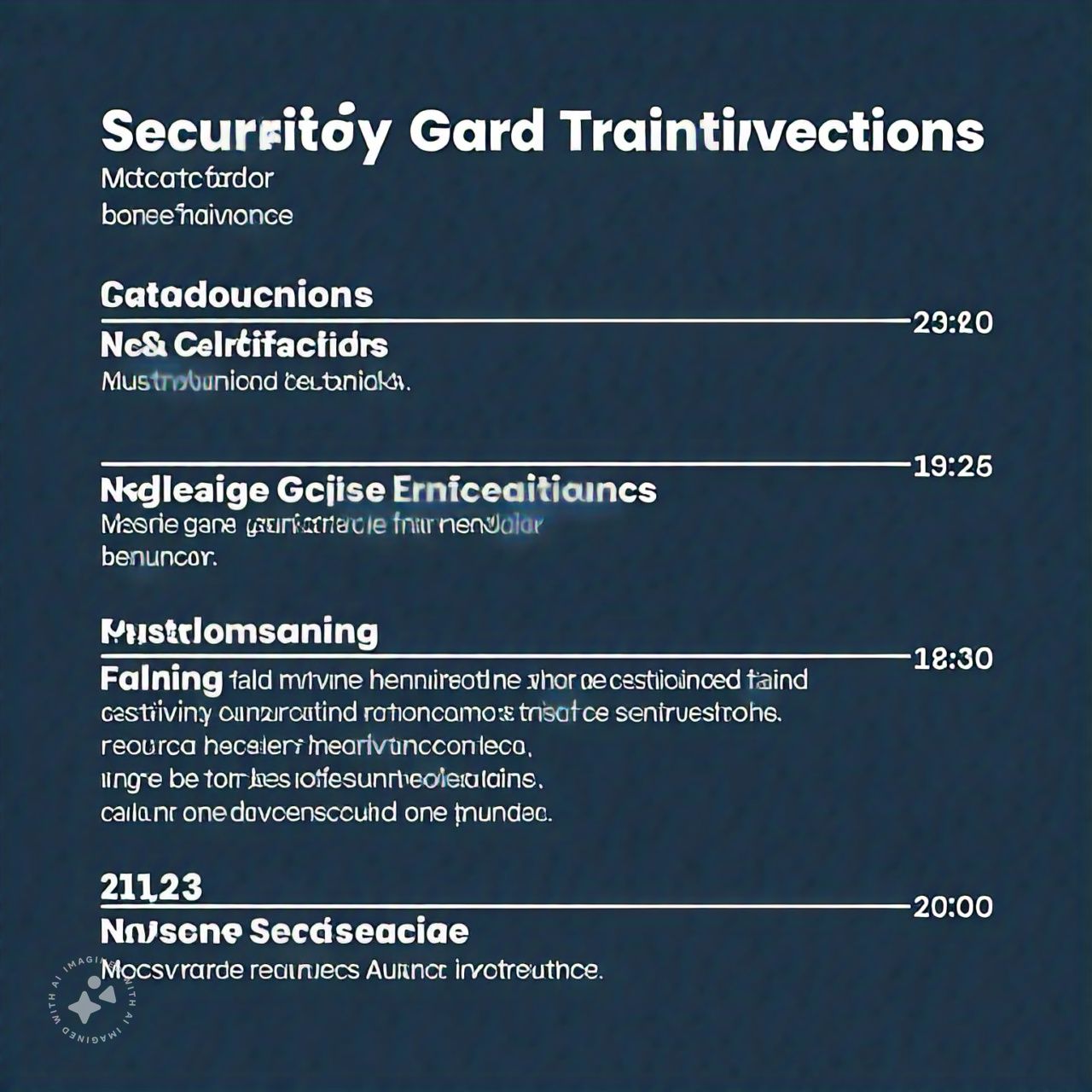Leukemia, a malignant disorder of the blood and bone marrow, poses significant challenges to both patients and healthcare providers. Traditional treatments, including chemotherapy and radiation, while effective for some, often come with severe side effects and varied success rates. Enter immunotherapy – a groundbreaking approach that is not only redefining leukemia treatment but also offering new hope as a potent solution provider for this challenging condition.
Immunotherapy in Leukemia Treatment
Immunotherapy represents a paradigm shift in the treatment of leukemia. Unlike conventional treatments that target both healthy and cancerous cells, immunotherapy empowers the body’s immune system to recognize and combat cancer cells more selectively and effectively. The focus is on enhancing the immune system’s natural ability to fight the malignancy.
Among the various forms of immunotherapy, CAR T-cell therapy (Chimeric Antigen Receptor T-cell therapy) has shown promise, particularly in treating acute lymphoblastic leukemia (ALL), especially in children and young adults. This therapy involves genetically modifying a patient’s T-cells to express a receptor specific to cancer cells, enabling these altered cells to seek out and destroy leukemia cells more efficiently.
The journey of leukemia immunotherapy development has been marked by significant milestones. With the FDA’s approval of CAR T-cell therapies such as Kymriah and Yescarta, the pathway to integrating these treatments into standard leukemia care is clearer than ever.
Research and development in this field focus on enhancing the efficacy, safety, and accessibility of immunotherapies. Scientists are working tirelessly to mitigate side effects associated with treatments, such as cytokine release syndrome, and to overcome resistance mechanisms that leukemia cells can develop.
Solutions Providers in Leukemia Treatment
As the landscape of leukemia treatment evolves, solutions providers for Leukemia play a critical role. They help pharmaceutical companies, research institutions, and healthcare providers to advance leukemia care through cutting-edge therapies. In the preclinical research stage, they work together to seek almost perfect innovative solutions and hope to make them easily accessible and affordable.
Challenges and the Road Ahead
While the progress in immunotherapy is promising, challenges remain. The complex manufacturing process and high costs associated with these treatments need addressing to ensure broader accessibility. Moreover, ongoing research is essential to overcome relapse and resistance issues that some patients experience.
Conclusion
Immunotherapy stands at the forefront of a leukemia care revolution, continually evolving as a formidable solution. With continued research, innovation, and collaboration among stakeholders, the vision of leukemia treatments that are more effective, with fewer side effects, is steadily becoming a reality.
Learn more: breast cancer genetic testing services
Also Read
- ► New Zealand Adds Versatile Players We’ve Got Raw Pace, Spin, and All Rounders
- ► Best Digital Marketing Course in Noida – Find the Top Training Institutes in Sector 62
- ► Nitrogen Gas Springs Market Size, Share, Trends and Forecast 2033
- ► 10 Reasons to Opt for a Guided Kashmir Great Lakes Trek
- ► The Latest Trends in 2025 for Cash for Silver: What You Need to Know
- ► Struggling with Management Assignments? Let Experts Handle It for You
- ► How Adwysd And Corteiz Clothing Sets You Apart
- ► Stand Out with Sp5der and Hellstar Hoodie Designs
- ► Fast-Tracking Your Insurance Company Registration: Expert Tips
- ► How to Choose the Right Signboard Manufacturers for Your Business
- ► What is the fee structure for MBBS abroad?
- ► Top 10 Interior Design Courses to Pursue After Graduation
- ► How to Solve PTE Reading and Writing Fill in the Blanks?
- ► Yezzy Slides and Comme des Garcons The Ultimate Blend of Style and Comfort
- ► Why Is Choosing a Trusted Car Repair Service Essential for Your Safety?





